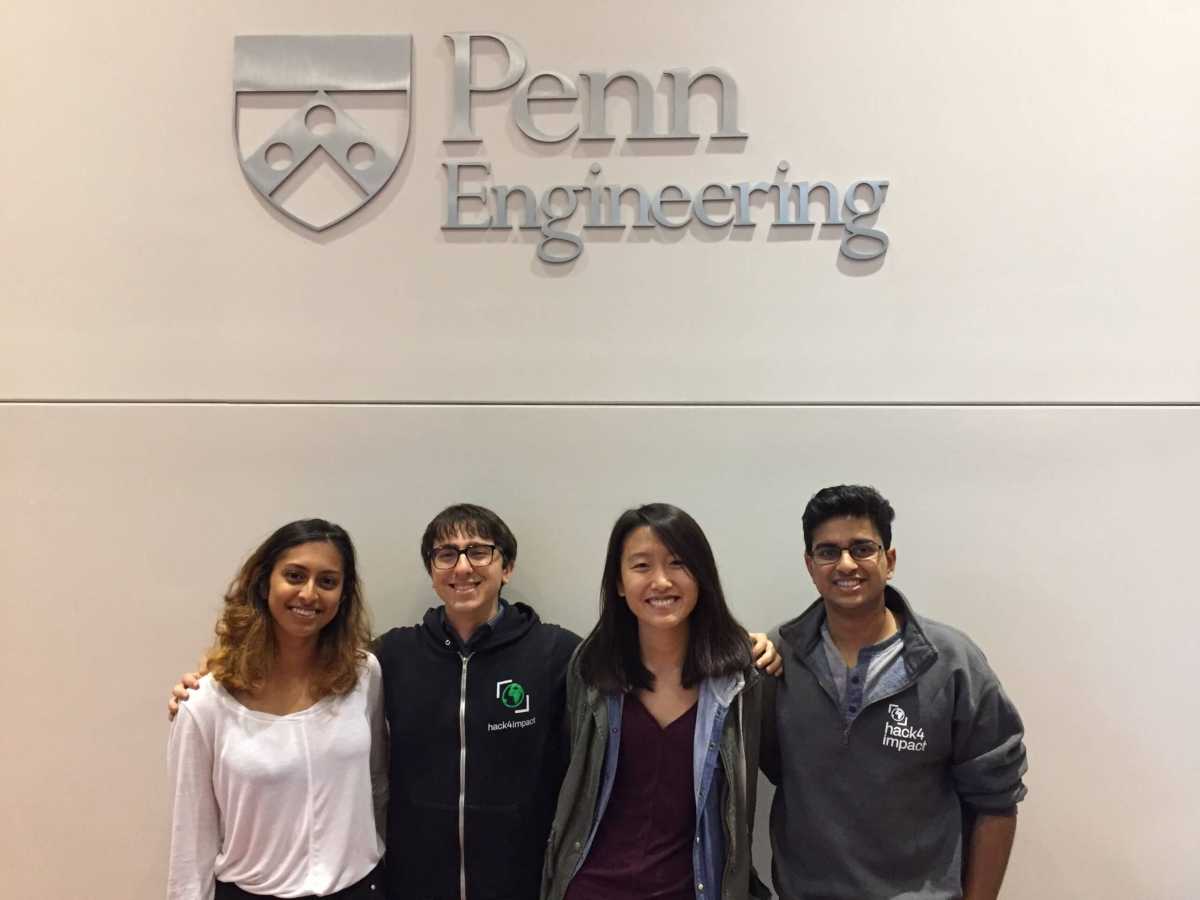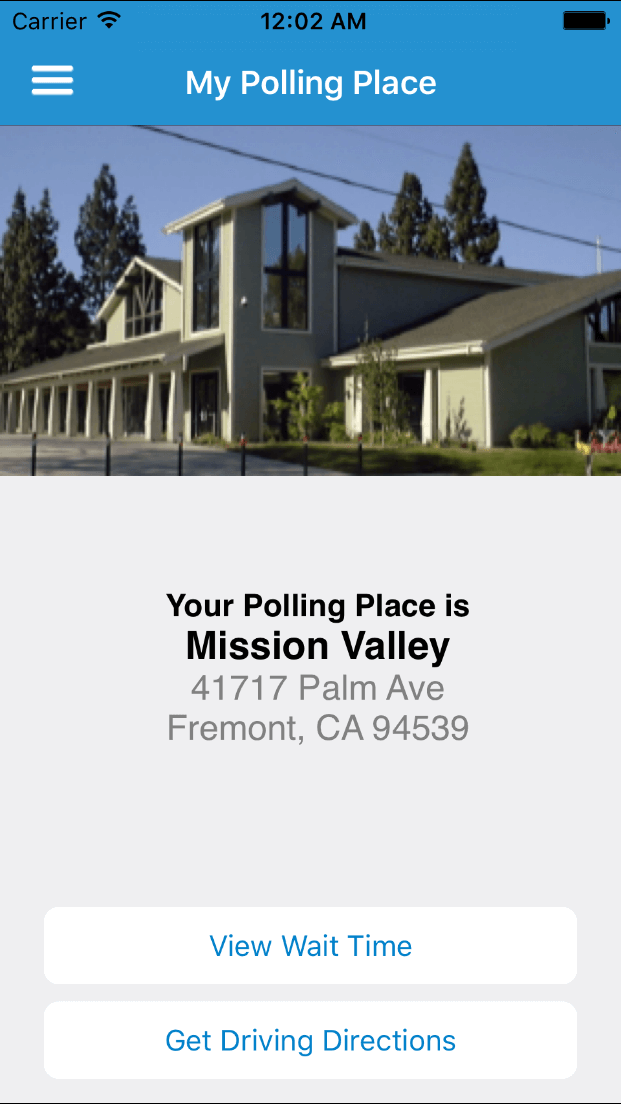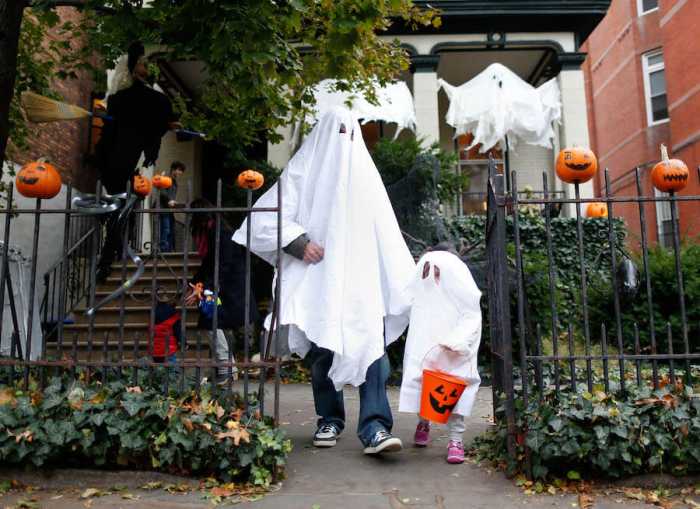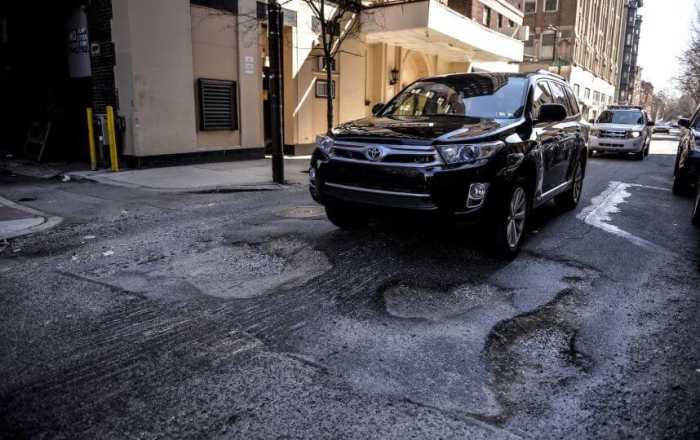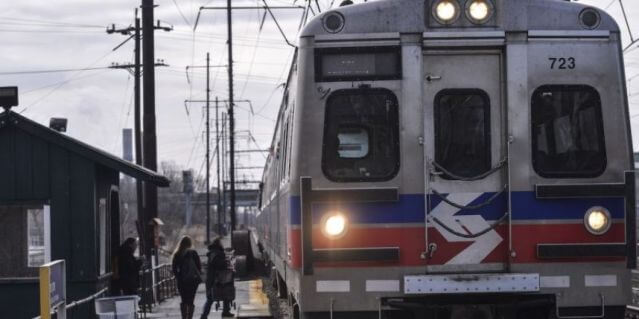Elections—and politics, in general—has embraced the digital age. A simple search on the App Store for “presidential election” reveals dozens of mobile apps, from news organizations to profiles of candidatesto Election Daysimulation games. Another app may soon join that mix, and it’s all about making voting as easy as possible.
BusyBooth, the brainchild of a University of Pennsylvania club and a Bay Area-based nonprofit,crowd-sourceswaiting times at polling booths on Election Day to reduce the time voters must wait. Using real-time data from users at polling locations,BusyBoothdistributes voters across multiple voting booths to avoid high-traffic wait times. It also includes a mapping component that shows users their travel time to and from polling booths, and a function that allows users to check that they’re registered and headed to the right location. KrishnaBharathala, a business and engineering student and theeducation chair at Hack4Impact, said the project’s mission is also to drive voter engagement by eliminating the time it takes to cast a vote. “In Philly, your work is legally obligated to let you have time off [to vote],but for a lot of people it’s still a burden for them, they have things to get done,”Bharathalasaid.
Unfortunately for Philly-area voters, BusyBooth won’t available in the area by Nov. 8, as it’s still undergoing tests in California.
BusyBooth was initially brought to the group’s attention last November, when the San Francisco-basednonprofitOpen Source Election Foundation pitched the idea to Penn students. Now, nearly a year later, the group is working with county officials in California to access voter registration data that will act as a sort of security against false accounts that may want to hack the app in favor of a particular party. Bharathala quickly points out that BusyBooth doesn’t store any users’ data, including name, date of birth, party affiliation, and so on.
And the app’s nonprofit roots ensure that it stays nonpartisan. In short, BusyBooth doesn’t care who you vote for, as long as you vote.
“Voter engagement in my opinion is very, very important,” Bharathala said. “If we look at trends over time, less and less people go out to vote for elections. And there are a lot of reasons this could be happening: One is that we don’t know enough about the people who are running, or they don’t feel like they can make a difference, or that they’re too busy to go vote.With this application, we’re directly solving one of these things.” Bharathala said that by solving the crisis of how much time it takes to go vote, it might also encourage voters to do more research on their decision.
“There are a lot of ways in which voting and elections can be difficult to navigate,” Yoni Nachmany, external relations chair at Hack4Impact, said. “The way that we experience them doesn’t always match up with our experiences of other things in 2016. And there’s ways that technology can help make this process more intuitive and easier.”



